Stephanie Hernandez
Segment Anything Model for Grain Characterization in Hard Drive Design
Aug 22, 2024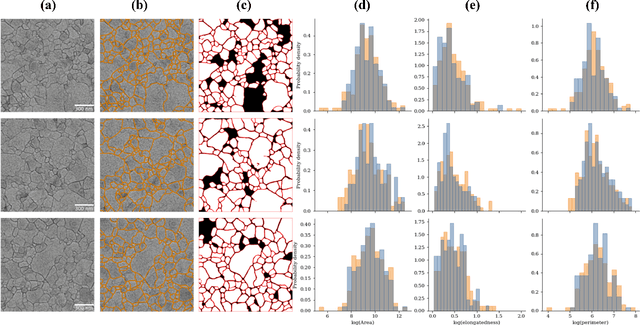
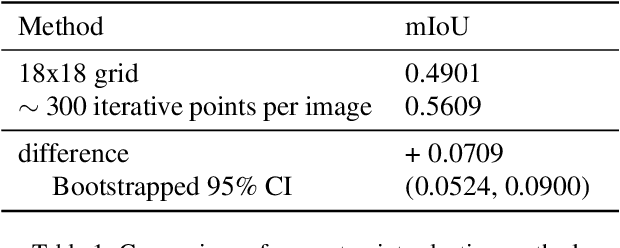


Abstract:Development of new materials in hard drive designs requires characterization of nanoscale materials through grain segmentation. The high-throughput quickly changing research environment makes zero-shot generalization an incredibly desirable feature. For this reason, we explore the application of Meta's Segment Anything Model (SAM) to this problem. We first analyze the out-of-the-box use of SAM. Then we discuss opportunities and strategies for improvement under the assumption of minimal labeled data availability. Out-of-the-box SAM shows promising accuracy at property distribution extraction. We are able to identify four potential areas for improvement and show preliminary gains in two of the four areas.
Fast Resolution Agnostic Neural Techniques to Solve Partial Differential Equations
Jan 30, 2023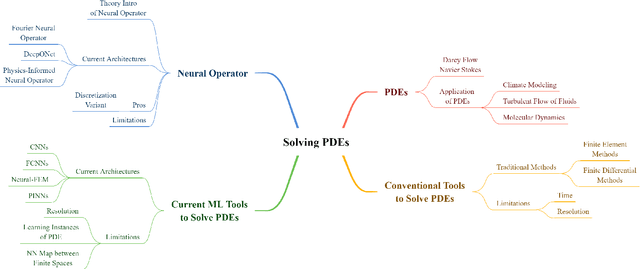
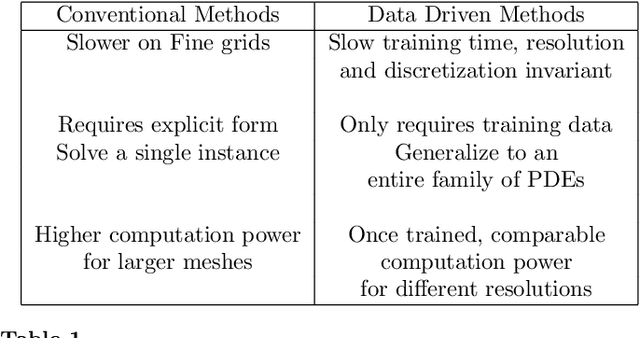

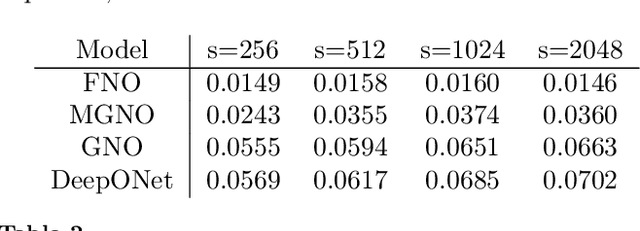
Abstract:Numerical approximations of partial differential equations (PDEs) are routinely employed to formulate the solution of physics, engineering and mathematical problems involving functions of several variables, such as the propagation of heat or sound, fluid flow, elasticity, electrostatics, electrodynamics, and more. While this has led to solving many complex phenomena, there are still significant limitations. Conventional approaches such as Finite Element Methods (FEMs) and Finite Differential Methods (FDMs) require considerable time and are computationally expensive. In contrast, machine learning-based methods such as neural networks are faster once trained, but tend to be restricted to a specific discretization. This article aims to provide a comprehensive summary of conventional methods and recent machine learning-based methods to approximate PDEs numerically. Furthermore, we highlight several key architectures centered around the neural operator, a novel and fast approach (1000x) to learning the solution operator of a PDE. We will note how these new computational approaches can bring immense advantages in tackling many problems in fundamental and applied physics.
 Add to Chrome
Add to Chrome Add to Firefox
Add to Firefox Add to Edge
Add to Edge